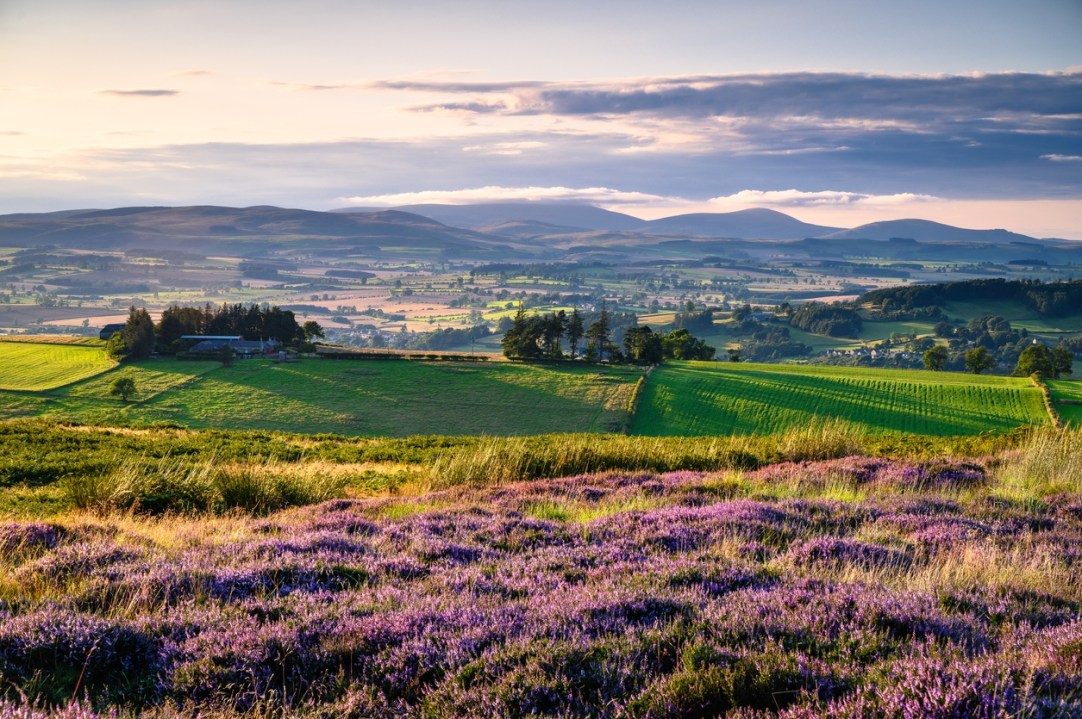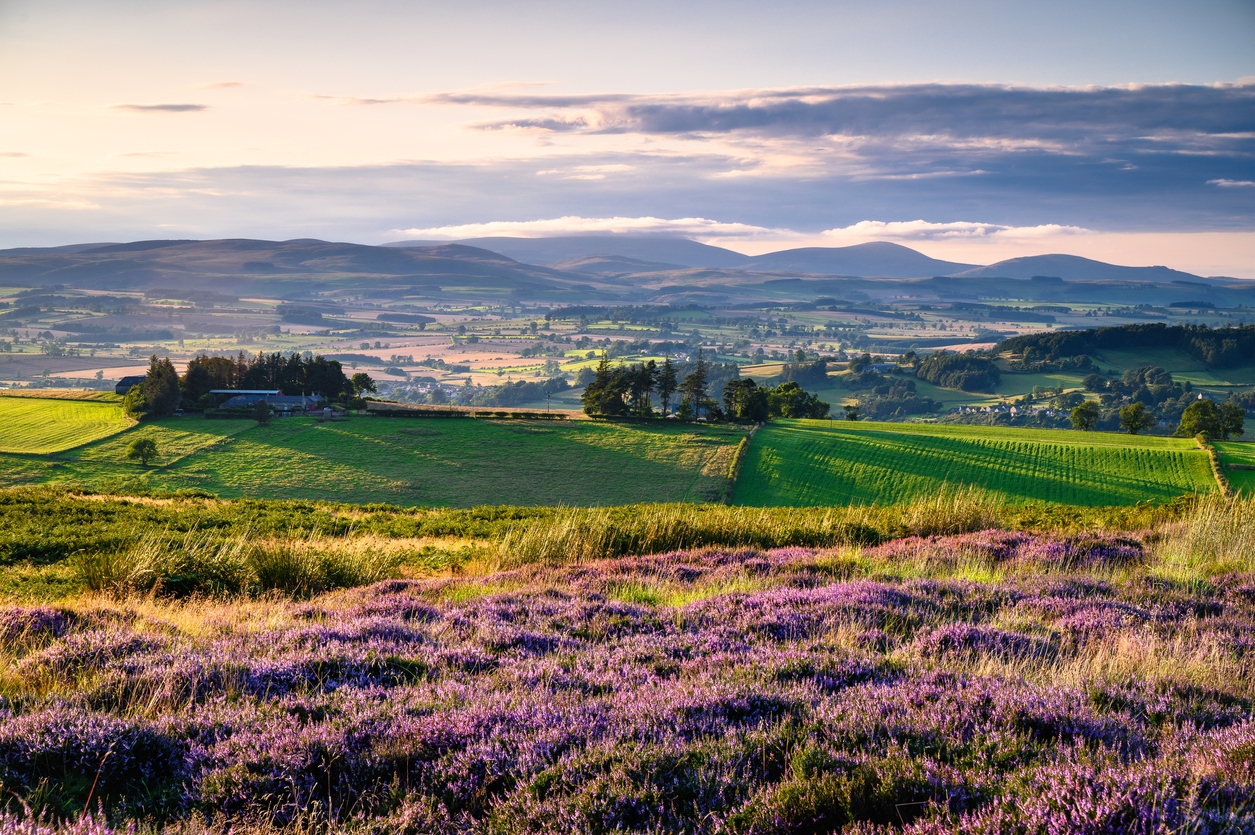I am from Northumberland. You might have heard of the place, or even been there: the glorious coastline is increasingly popular for holidays, though the Cheviot Hills (even more deserving of attention) are less well-known.
Often, the county is lumped into a bigger mass known as ‘the north-east’. Which I suppose makes a certain sense, given the basic geography and accents that – at least to outsiders – sound broadly similar. (I might return to this another day, but the idea that the accent of the Upper Coquet Valley sounds anything like, say, that of Sunderland is actually comical.)
Northumberland is a curious construction as a local authority area. It’s big by English standards and largely empty. There are 64 people for every square kilometre – the English average is 274.
That makes Northumberland almost the most sparsely populated bit of England: West Devon and Richmondshire have slightly lower densities, but unlike Northumberland, they don’t have a significant urban area.
Because empty hillsides, stone-built villages and postcard beaches are not all of Northumberland. Down in the south-east of the county is the Blyth Valley, where old mining towns Ashington (where I was born) and Blyth sprawl into each other, alongside Cramlington, a new town built around a village with Viking roots.
That south-east corner of Northumberland is different from the bit with the hills and sheep. The Northumberland of the Cheviot hills can feel closer to Scotland than ‘England’, a term that still sometimes makes me think of a sunny foreign country somewhere far to the south – even though I now live there and have done for 20 years. There’s even a Northumbrian tartan, a natty confection in black and white and a flag, which might just be the oldest in Britain.
And don’t get me started on the whole Northumbria/Northumberland thing: some people still feel, not unreasonably, that ‘Northumberland’ is a bit of a modern imposition, though most just use the terms interchangeably.
Whatever you call it. Northumberland has had a fairly mild experience of the coronavirus. It’s had 1,851 cases, with 25 in the latest daily report. Its case rate is 574 per 100,000 people. The skew of the county’s population distribution means the bulk of those cases are in the south-east corner of the county. And the overall rate is still below the English rate of 580.
Down in Gateshead, on the south bank of the Tyne, the rate is 830. For Newcastle, it’s 689 and Sunderland, 835. (Middlesbrough is on 876 but is currently not facing Covid restrictions.)
In other words, Northumberland is different.
And yet, as things stand, Northumberland is about to be subject to the same coronavirus restrictions as very different areas in the north-east. The people of those empty hillsides – yes, my family – will be told they cannot visit each other’s homes, because of the way the disease is spreading among people far away.
I know the county council is party to this local lockdown decision, and I understand the way the machinery of government works, which means there is little option but to cover rural Northumberland with the same blanket meant for the urban sprawl down towards the Tyne.
I also know this probably doesn’t matter too much: a lot of people up there will pay little attention to rules dreamt up by people to the south of them. The mountains are high and the emperor is far away, as they say elsewhere. But for some, me included, there is a mild irritation at the crude lumping together of places with few relevant common features. I suspect this will simply reinforce north Northumberland’s sense of distance from the authorities that supposedly oversee it.
As for me, in the imperial capital and now unable even to go home to visit, I can only take comfort in history. Once, a thousand years ago and more, Northumbria was a kingdom of its own, a place not subject to the whims of southerners who neither knew nor liked the place. On days like this, it’s a nice dream to cherish.








Comments